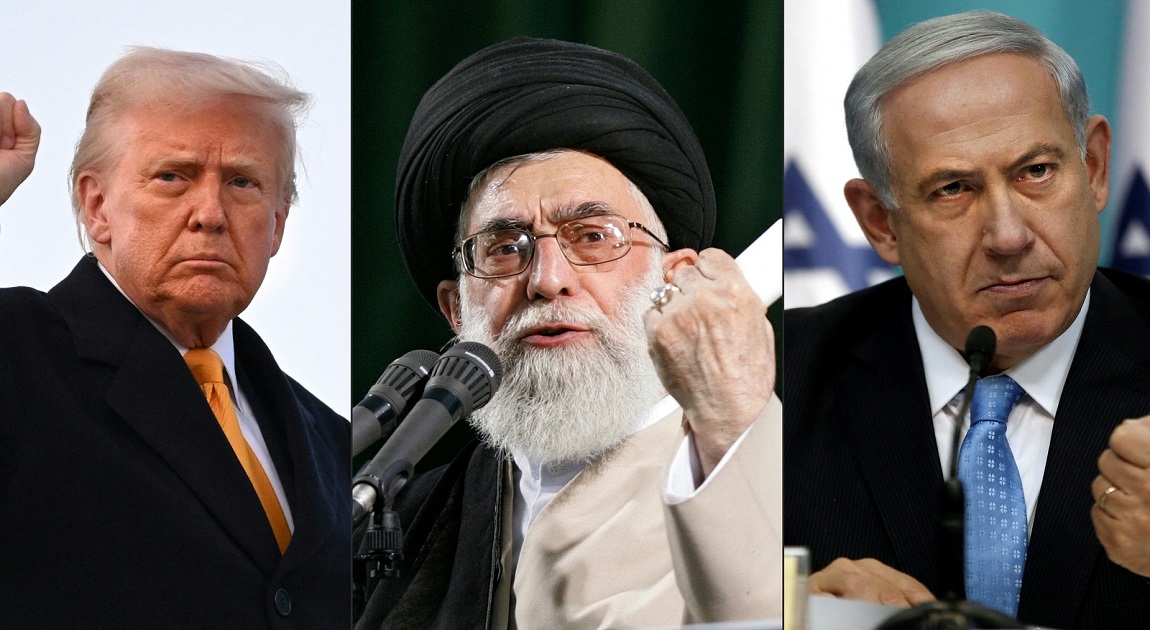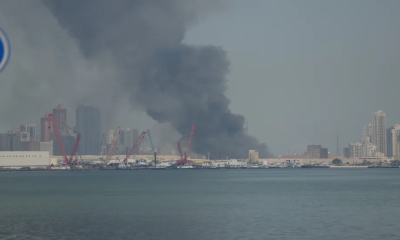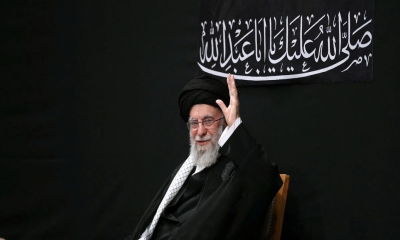After nearly two weeks of intense fighting, Iran and Israel have reportedly agreed to a ceasefire, bringing an end to what U.S. President Donald Trump has termed the “12-Day War.”
Both Iranian and Israeli media confirmed that hostilities have ceased, although the exact terms and timeline of the ceasefire remain unclear.
According to CNN, while the ceasefire is now in effect, uncertainties persist regarding its formal conditions and precise schedule.
President Trump confirmed the ceasefire through a post on his social media platform, Truth Social, urging both sides not to violate the agreement.
"Please do not break it!" Trump emphasized in his post, highlighting the fragility of the current truce.
However, neither Iran nor Israel has officially announced or signed the ceasefire agreement as of yet. Reports indicate that hundreds of people were killed in Iran, while more than two dozen fatalities were reported in Israel during the conflict. Both nations also suffered significant infrastructural damage from mutual strikes.
Iran’s state-owned Press TV reported that the ceasefire followed four waves of Iranian attacks on Israeli-occupied territories. Semi-official Iranian news agency Tasnim briefly stated via Telegram that the ceasefire had reached the "implementation stage."
Israeli outlets, including Channel 12 and Ynet News, also reported that the ceasefire had come into effect. On Tuesday, Iranian state media claimed they had "imposed a ceasefire on the enemy," though no specific timeline was provided.
President Trump, in a detailed post on Truth Social, declared on Monday night that a "comprehensive and total ceasefire" had been agreed upon. He explained that Iran would begin observing the ceasefire first, followed by Israel 12 hours later, with the ceasefire to be fully formalized and globally celebrated after 24 hours.
"Congratulations to everyone! There is now a total and complete ceasefire agreement between Israel and Iran," Trump posted. "After both sides complete their ongoing, final missions, the ceasefire will be officially celebrated worldwide."
Diplomatic sources told The Jerusalem Post that Qatar played a key role in mediating the ceasefire. Before the agreement, President Trump reportedly spoke with Qatari Emir Sheikh Tamim bin Hamad Al Thani, while U.S. Vice President JD Vance engaged in talks with Qatari Prime Minister Sheikh Mohammed bin Abdulrahman Al Thani.
Despite Trump’s announcement, reports suggest that both nations continued to carry out lethal strikes against each other even after the ceasefire declaration. Trump praised the precision and bravery of the U.S. B-2 bomber pilots involved in the final phases of the conflict, claiming that their efforts contributed significantly to the agreement.
Trump added, "Ironically, the perfect nighttime strike seemed to bring everyone together—and that’s when the deal was made!"
In another post, Trump wrote that both countries had almost simultaneously approached him expressing their desire for peace. "The real winners are the entire world and the Middle East. The future of Israel and Iran holds unlimited potential, filled with great hopes," he remarked.
He concluded with an appeal: "They can achieve so much through cooperation, but if they stray from the path of justice and truth, they also have much to lose. May God bless both nations!"
While the ceasefire is a hopeful development, international observers remain cautious, awaiting formal confirmation and sustained peace from both sides. The world now watches whether this fragile truce will hold in a region historically marred by cycles of violence and diplomatic breakdowns.







-20260303080739.webp)
-20260302065048.webp)




















-20260225072312.webp)



